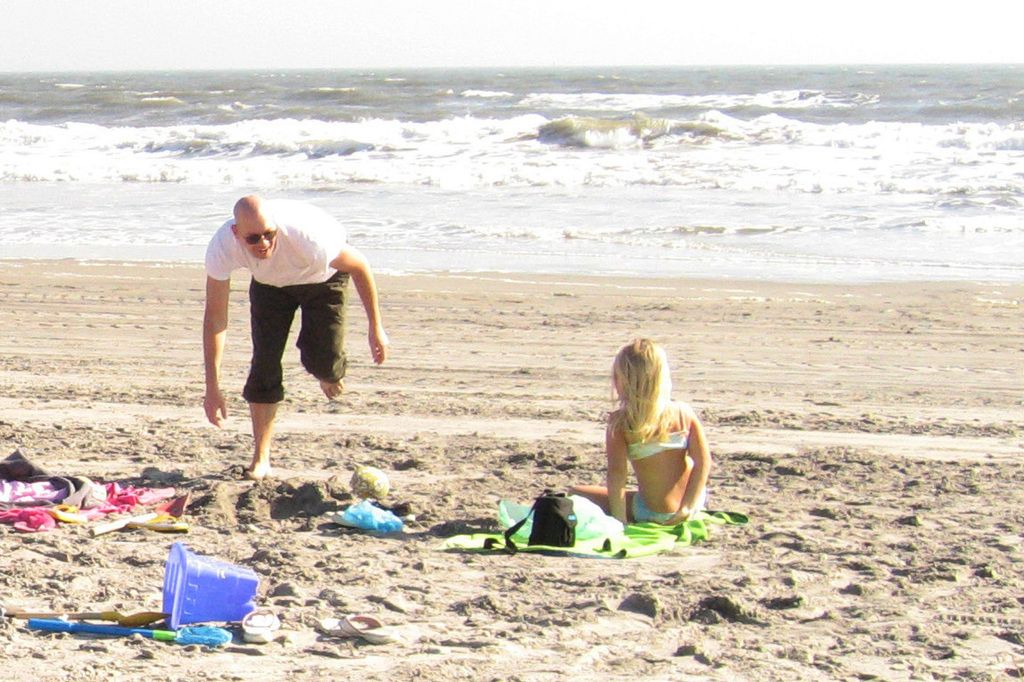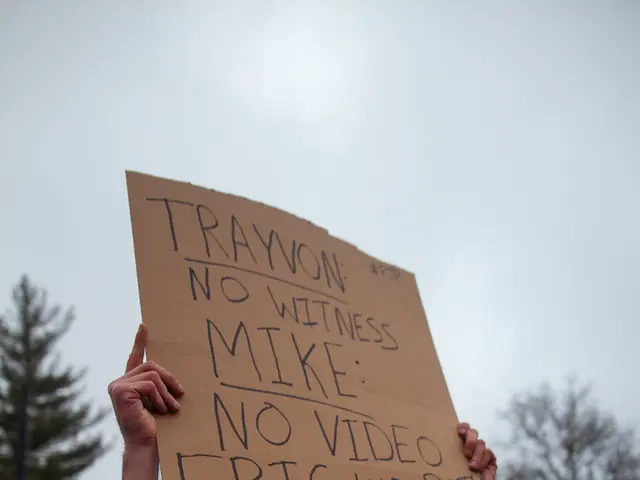In the chilling northern city of Severodvinsk, a harrowing tale unfolds. Known for nuclear submarine production during the Soviet era, the city once thrived, contrasting with the starving "capital of the North," Arkhangelsk. The climate's unpredictable fluctuations added an eerie atmosphere to the city. This is where the torment of a 14-year-old cat named Kuzya took place.
Creative, yet troubled souls, Anna-Victoria Gromovich and her partner, Artem Lavrentiev, were responsible for the heinous acts committed towards Kuzya.
Anna-Victoria, a poet and a self-proclaimed "Stalin devotee," wrote about her longing for the former Soviet leader's return. Her online collection includes heartfelt poems such as, "If only Stalin was here" and celebratory verses for May Day. Her love for poetry and other creative pursuits, like plant cultivation and DIY craftwork, seemed to vanish as her life spiraled out of control.
Her spouse, Artem Lavrentiev, is less documented online, with only one instance of an Instagram photo circulating. The relationship between Anna and her mother-in-law, Elena Lavrentieva, took a tragic turn, ultimately leading to Kuzya's suffering.
The mother-in-law and Gromovich's conflict stemmed purely from domestic issues. Feeling scorned by Elena's disapproval of her son's alcohol consumption and idleness, the couple exacted their revenge on Kuzya. They tortured the cat, causing it physical pain, all the while filming their cruel actions and posting them on social media.
Anna admitted to enjoying Kuzya's suffering and even welcomed the pain inflicted upon him, while Artem didn't hesitate to express his delight in the process. Gromovich advertised the cat's suffering with painful inscriptions on the cat's portrait, such as "Filthy Kuzya Died a Brave Death."
The horrendous treatment raised public outrage, as over 238,000 people signed a petition for the duo's punishment. Animal rights activists, public figures, and well-known personalities joined the cause, including renowned animal trainer Edgard Zapashny and singer Yekaterina Semenova, who called for capital punishment for such offenders.
Despite their initial reluctance, the Russian courts recognized the criminality of the situation and sentenced Gromovich and Lavrentiev to actual imprisonment, depriving them of their parental rights. Sentences ranged from three and a half years for Lavrentiev to three years and two months for Gromovich in a settlement colony.
Unfortunately, the consequences did not end due to incarceration. Artem Lavrentiev, who had joined the "Special Military Operation" against Ukraine, died in the conflict.
The death of Artem Lavrentiev marked the end of the sordid chapter surrounding Kuzya and the Gromovich family. Critics and supporters alike shared their opinions on the situation, with some demanding memorials, parks, or streets named after the deceased Lavrentiev. The reactions were boisterous, ranging from sympathy to anger in defense of the controversial individual.
No matter how the narrative is interpreted, the story serves as a reminder of the dire consequences of cruelty, particularly when inflicted upon innocent creatures like Kuzya. Its enduring impact on the people of Severodvinsk and Russia at large will forever be a testament to the vigilance and compassion of animal rights activists.








